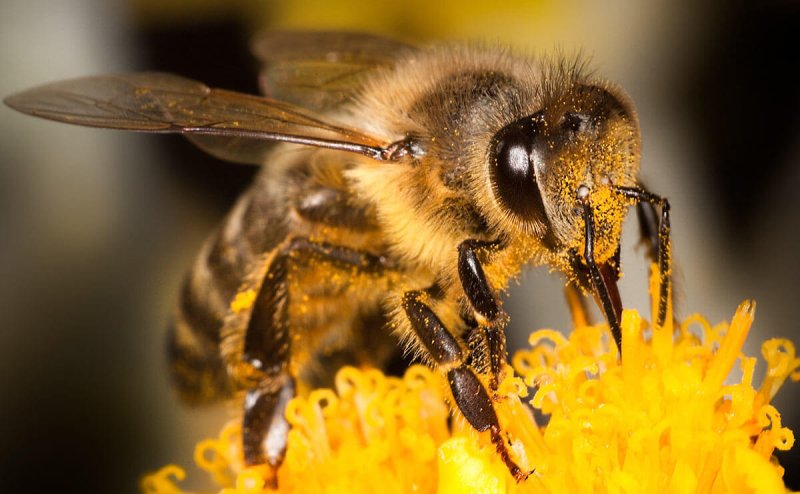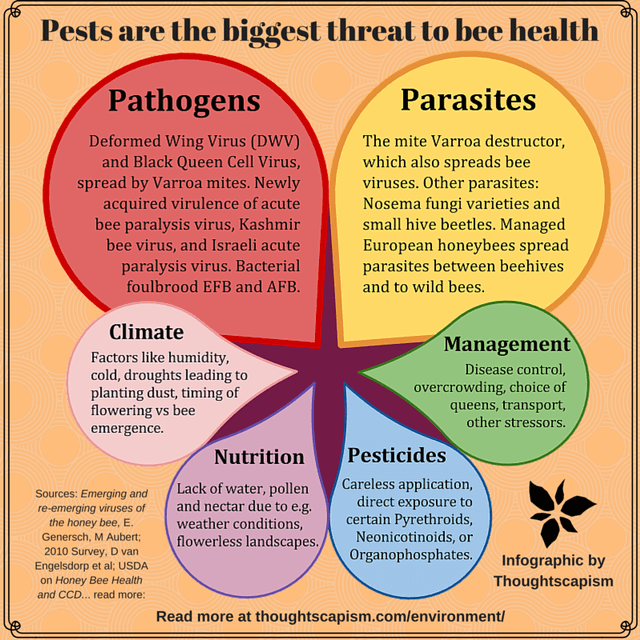[Editor’s note: Michelle Miller is the Farm Babe, an Iowa-based farmer, public speaker and writer, who lives and works with her boyfriend on their farm which consists of row crops, beef cattle, and sheep]
The anti-GMO crowd likes to tout GMOs as a huge factor to bee death, but this couldn’t be further from the truth…Before GMOs, corn and cotton farmers had to spray insecticide, but thanks to the Bt genetics, insecticides are often no longer needed. GMOs usually possess traits of herbicide tolerance, but herbicides harm plants, not insects. Insecticides are used to control insects.
The varroa mite issue has been a big one and one that beekeepers are always on the lookout for. Medicine may be added to hives to prevent this awful bee disease, but science is taking it a step further: GMO bees.
Yes, you heard that right. Scientists are engineering bees through genetic modification, which could enable bees to be immune to the disease — think of it like vaccinations for them. This is a long and complicated process, but once completed, it could improve bee health by leaps and bounds, thus improving their survival.
The GLP aggregated and excerpted this article to reflect the diversity of news, opinion and analysis. Read full, original post: Farm Babe: How GMOs help bees
































